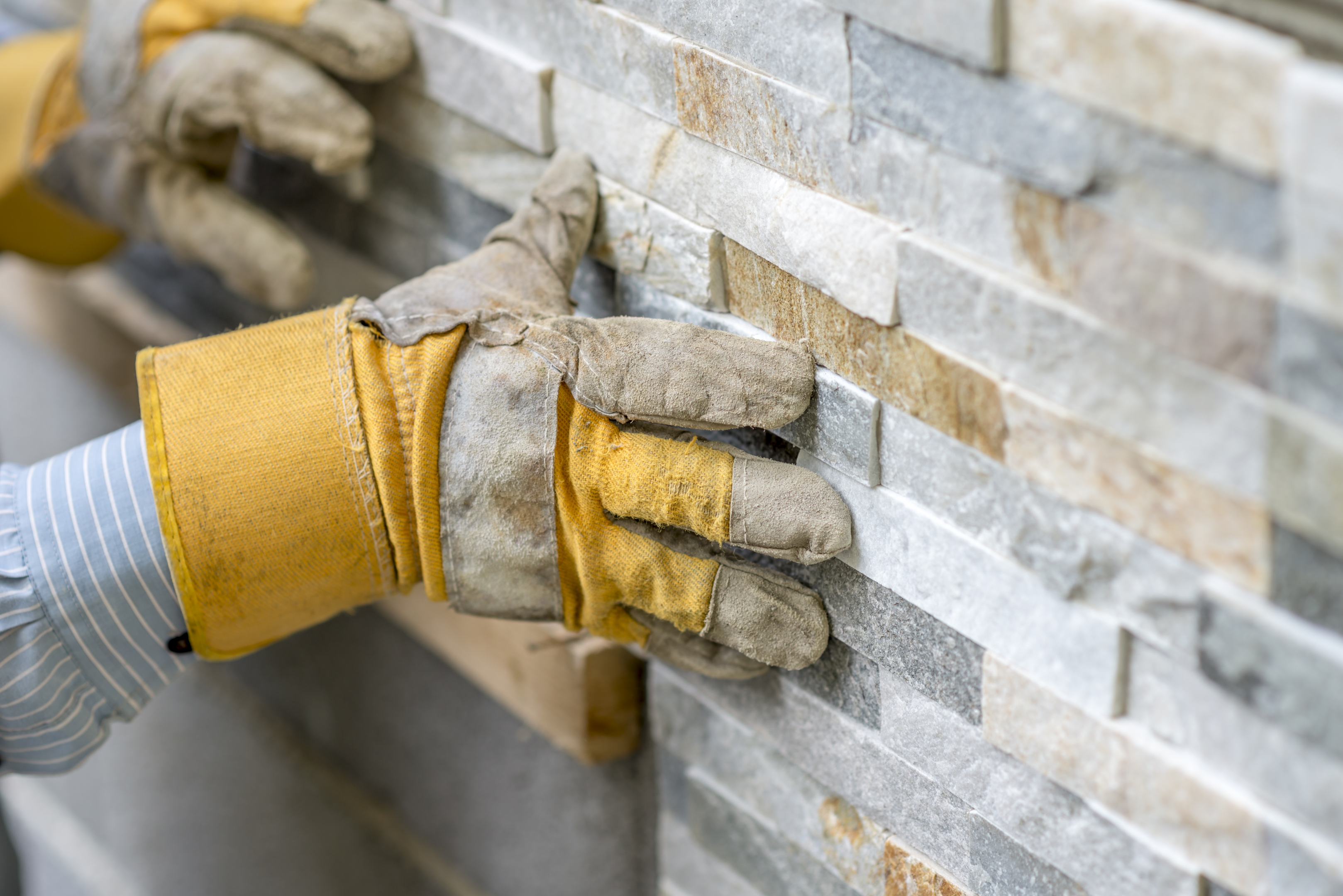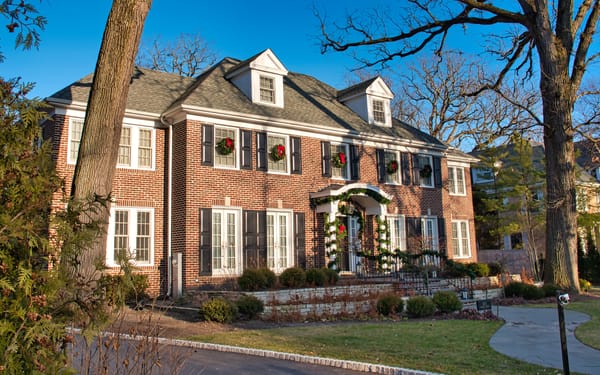What is a Fixer-Upper?


A “fixer-upper” is a term used in real estate to describe a property that requires repair or refurbishment. These properties are typically sold below market value because they need work – such as new plumbing, roofing, flooring, or other significant repairs or upgrades.
People buy fixer-uppers for several reasons:
- They might want to buy a more affordable property in a desirable location and then put in the work to renovate it, raising its value.
- They may be interested in remodeling or renovating a property to their personal preference.
- They might be real estate investors who buy such properties, renovate them, and then sell them for a profit, a process known as “flipping.”
It’s important to note that while a fixer-upper can potentially offer a significant return on investment, it also comes with risks. The extent of the necessary repairs may be larger than initially thought, leading to unexpected expenses. Therefore, it’s crucial to have a thorough inspection done before purchasing such a property to understand the scope of the work needed.
Pros and Cons of a Fixer-Upper
Pros:
- Potential for High Returns: Fixer-uppers can often be purchased for below market value. With the right improvements, the property’s value could increase significantly, offering high potential returns if you sell or rent.
- Customization: A fixer-upper allows you to design and customize the property to your liking. You can transform it into your dream home, adding personal touches and features that you wouldn’t necessarily find in a ready-to-move-in property.
- Location: Sometimes, the only affordable way to get into a desirable neighborhood or location is by buying a fixer-upper.
Cons:
- Unexpected Costs: A fixer-upper often comes with hidden issues. Once renovations start, you might uncover more problems that need fixing, leading to unforeseen costs.
- Time and Effort: Renovating a fixer-upper can be a time-consuming process. It requires careful planning, managing contractors, and potentially dealing with delays.
- Financing: It might be more challenging to secure a mortgage for a fixer-upper, as lenders may be hesitant about the property’s initial condition. Special types of loans, like renovation or construction loans, could have higher interest rates.
- Living Conditions: If you’re living in the property while renovations are being done, you may have to put up with noise, dust, and disruption to your daily life.
How do you determine if a fixer-upper is worth it?
Determining whether a fixer-upper is worth it involves careful consideration and analysis. Here are some steps you can take:
1. Have a thorough inspection
This is a crucial first step. Hire a professional home inspector who can identify potential issues with the property, such as structural problems, plumbing or electrical issues, roof damage, etc. This will help you understand what needs to be fixed and how much it might cost.
You’ll also want to schedule a furnace check-up. A fixer-upper with an outdated or inefficient heating and cooling system can prove problematic down the line. If the heater has trouble starting, emits a burning smell, or is blowing lukewarm air, it might need a tune-up. A professional HVAC contractor can help get the furnace back on track with reliable heating repair services, so this shouldn’t be a deal breaker.
2. Estimate renovation costs
Once you know what needs to be fixed, get estimates from contractors for the cost of repairs and renovations. It’s advisable to get multiple quotes to ensure you’re getting a fair price.
3. Evaluate the after-repair value (ARV)
ARV is what the house will be worth after all the repairs and renovations. A local real estate agent can help you figure out the ARV by comparing similar properties in the same neighborhood that have sold recently.
4. Consider financing and additional costs
Keep in mind the cost of financing the purchase and the renovations, as well as additional costs like property taxes, insurance, and potential cost overruns on renovations.
5. Use the 70% Rule as a guideline
This is a rule of thumb used by some real estate investors. It suggests that an investor should pay no more than 70% of the after-repair value of a property minus the cost of the repairs needed.
For example, if a house’s ARV is $200,000 and it needs $40,000 in repairs, then the 70% rule says you should pay no more than $100,000 for it (0.70 * $200,000 – $40,000).
6. Understand your market
Knowing the real estate market in the area where you’re buying is crucial. You need to understand whether the property is in a desirable location and whether the market is likely to appreciate it.
7. Gauge your comfort level and capacity
Lastly, be realistic about your comfort level with taking on a fixer-upper. It can be a large undertaking that requires time, money, and patience.
Remember, all these are guidelines, and the decision ultimately depends on your financial situation, your skills, and your risk tolerance. Always consult with real estate professionals to get a comprehensive understanding of what you’re getting into.

What to Avoid in a Fixer-Upper
- Structural Issues: Major structural issues such as cracks in the foundation, roof damage, or significant water damage can be incredibly expensive to repair. It’s essential to have a thorough inspection to identify these issues before buying.
- Outdated Systems: A property with outdated electrical, heating, plumbing, or cooling systems may require extensive upgrades to meet current standards and regulations. These can be costly and time-consuming to deal with.
- Environmental Hazards: Older homes may have harmful materials such as lead-based paint or asbestos. It’s important to have a thorough environmental inspection before purchasing such properties.
- Overcapitalization: Avoid properties requiring improvements costing more than the potential return on investment. You don’t want to be in a situation where the cost of renovations surpasses the value of the house in its market.
- Bad Location: A great house in a bad location can be a poor investment. Even with the best renovations, if the house is in a location that people don’t find desirable, it might be difficult to recoup your investment if you decide to sell.
Remember, it’s always wise to consult with professionals, like real estate agents, contractors, and inspectors, before deciding to invest in a fixer-upper.
With iGMS, effortless vacation rental management is at your fingertips. Its intuitive platform handles bookings, guest communications, and team tasks efficiently. Ideal for solo hosts or large companies, iGMS transforms your rental operations while elevating the guest experience. Experience the iGMS difference.







